With one term under my belt, people have been asking me what I think of the LSE and the MPA program so far. So here are some personal insights on this prestigious institution and one of its many graduate programs.
The London School of Economics and Political Science is fancy, and there is a reason for that. This year, yet another Nobel Prize was awarded to a member of the LSE community, marking it the 16th Nobel Prize here. It is strange to think that the dude sitting next to me in the library could possibly be the next Noble Laureate. You never know. Given all these fame, it is no surprise that the academic is rigorous.
The MPA stands for Master of Public Administration. The easiest way that I describe the degree is that it is a MBA in the public context. Within the program, I have chosen to specialize in international development. The MPA program here requires first year students to take 5 unit worth of courses and lasts two years. Which, I did not realize until after I began my course, that almost all the other master’s programs only last one year and require students to take 3 or 4 units and to complete a dissertation in the summer. The extra work is often unrecognized in the job market so I am taking the liberty to hereby distinguish the LSE MPA from the other LSE MSc degrees. Just in case there are potential employers reading this! Again, you never know.
The facts aside, what are my thoughts? Well, it is no doubt challenging. However, coming from a U.S. system where there are continuous assessment, I was used to some form of pressurized learning. It is thus very strange that an entire term has gone by, and I’ve only had two assessed assignments that counted for a small percentage of my grades. It takes a lot of self motivation to get the readings done and be on top of the material. The lack of feedback is very frustrating, and this seems to be a common concern among those who have done undergrad in the US or other similar systems. This system, however, exemplifies learning for learning’s sake, and not learning to pass exams. Much better way of educating in my opinion, but more feedback would be nice.
You may think, well, then how are your grades determined? There are no doubt exams. For my classes, the one final exam counts for anywhere from 75% to 100% of the final marking. It’s pretty scary. 50/50 I can deal, 75% – 100%? That’s downright frightening. Another difference, while Americans are used to hyper grade inflation where getting an A is the norm, the LSE is not so. 70 or above is A, and those are few and far between. Most people fall between 60-70 (B) or 50-60 (C). Throughout all of my life as a student, it was rare to see anything below a 80. There is thus some serious psychological discomfort now when someone gives me a 60 and telling me that’s not bad. Whaaaat?
All the technicalities aside, I am enjoying being a student again and challenging my mind. Being at an institution like the LSE means I’m constantly surrounded by some very intelligent people (albeit some can be very very competitive, and easily stressed). The LSE has incredible resources in terms of research and very supportive Career Services. The faculty for the most part are interested in teaching and sharing their expertise. It’s taking me a while to get a handle on things (the system, the right way to tackle the studies, etc.) and feel complete ease in this environment. But, I think I’m doing well considering I came from a village with no running water! small small catch monkey! (Pidgin English for one step at a time)
The one difference I do want to point out, is that the Europeans are not used to paying a lot for school, while Americans are used to shelling out a ridiculous amount for university education. Recently, there were severe student protests because the UK government wants to increase student fees to £9,000 a year (approx. $13,000) for undergrads. The Americans have a hard time wrap our heads around on what the big deal is. In the U.S. $15k is the norm for most public universities and private universities can run from $20 to $40k a year!
At the LSE, while the quality of education is top-notch, it’s easy to see that you do get what you pay for in terms of facilities. The library is always packed and there is never enough space to study on campus. Everything from the technology facility in the classrooms to the student union, the gym, the food on campus, etc. all pale in comparison with most universities in the US. But, on the other hand, some may argue that you go to school to learn, so all the other extra stuff doesn’t matter. You win some, you lose some.

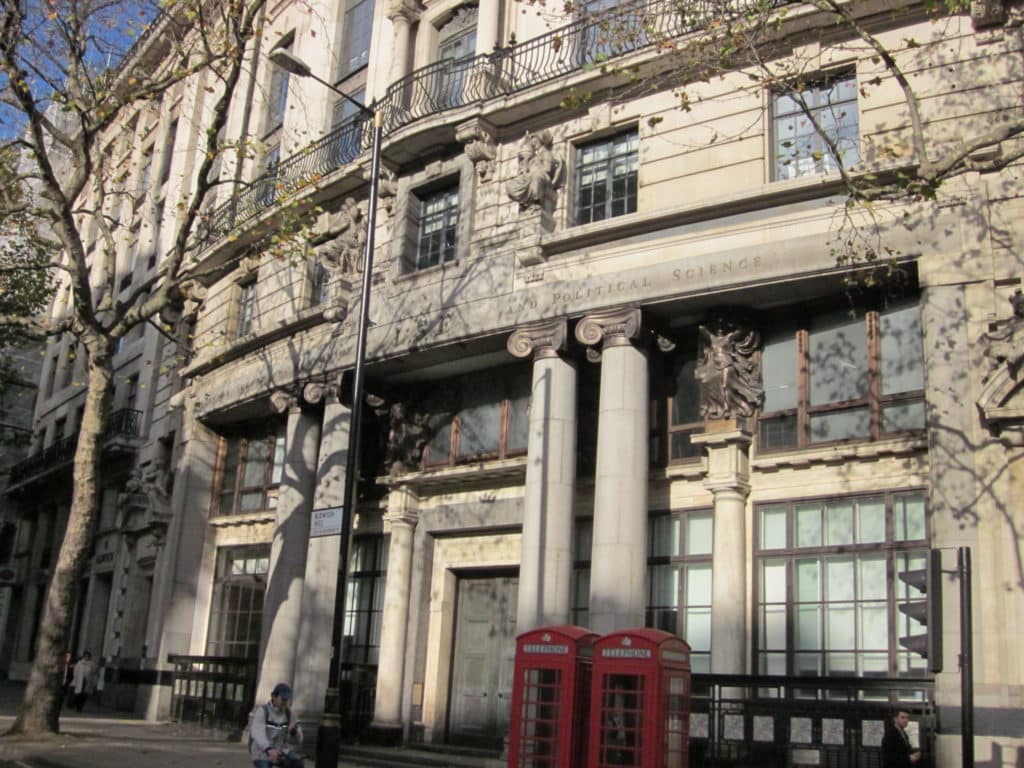
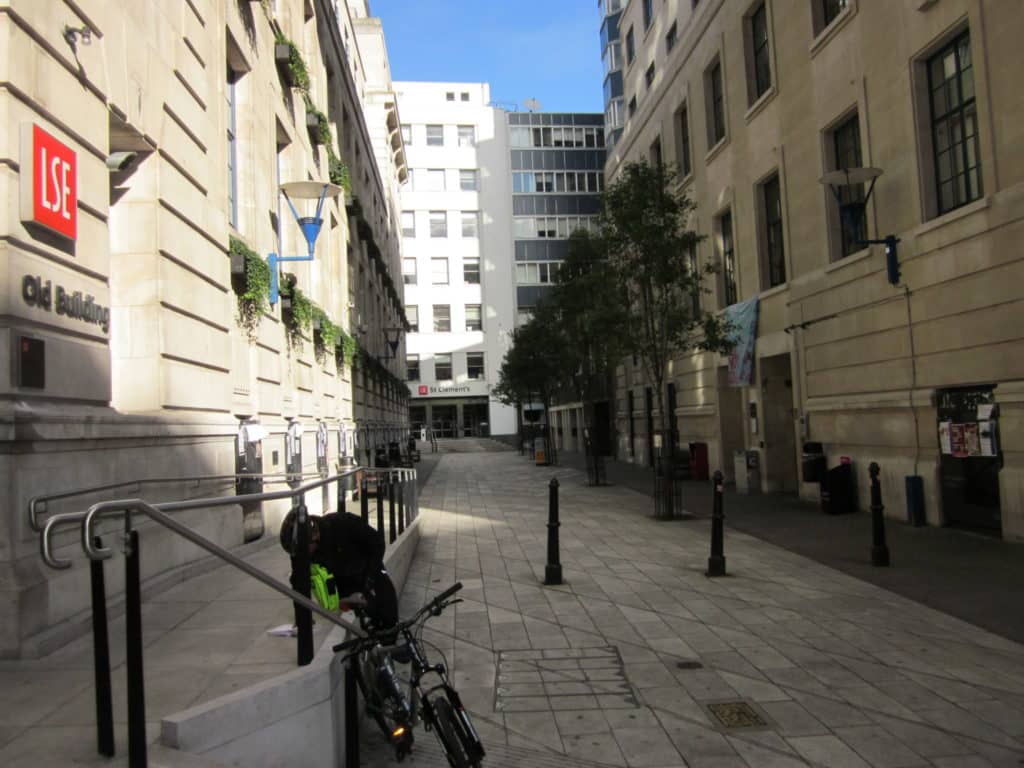
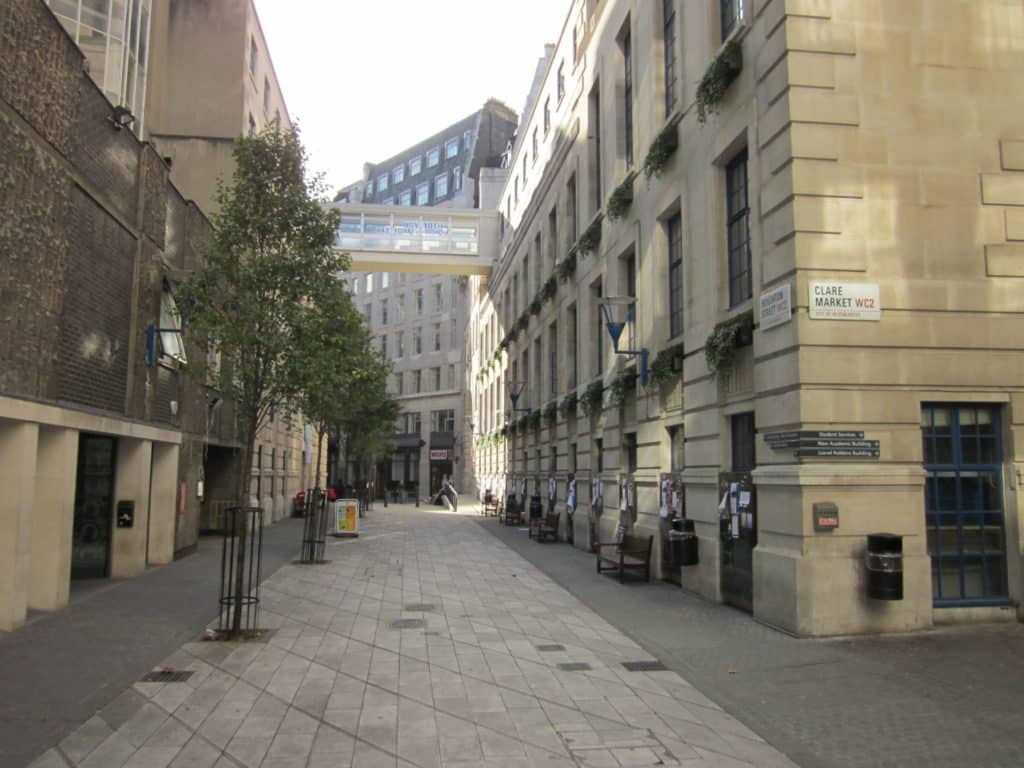
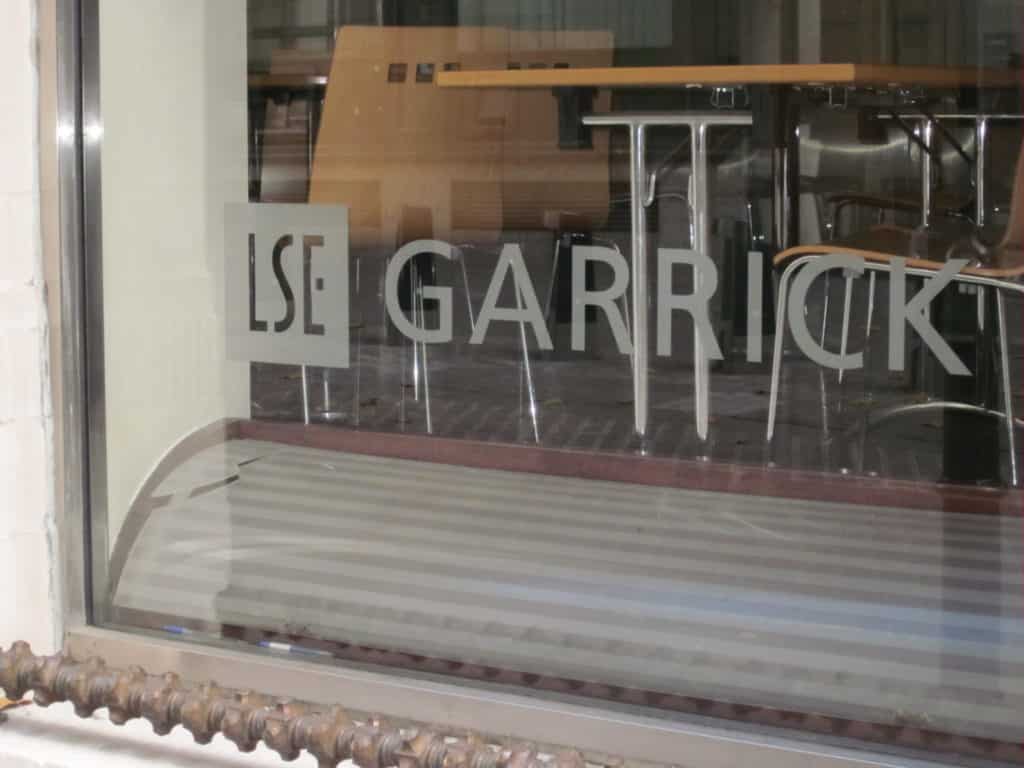
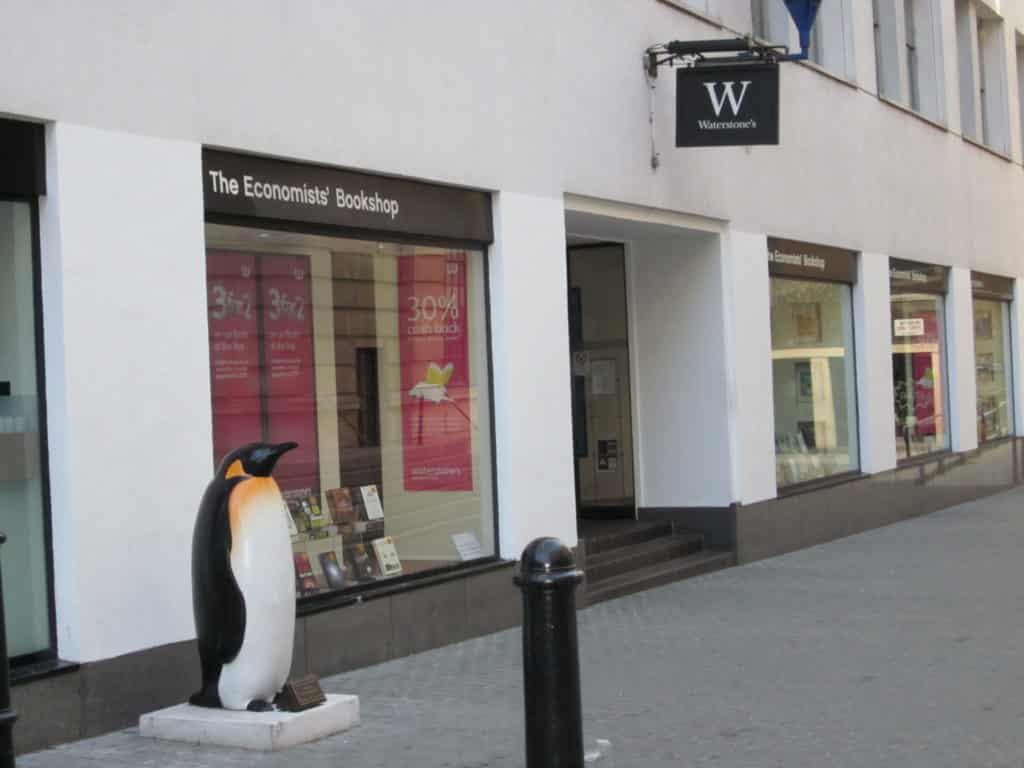
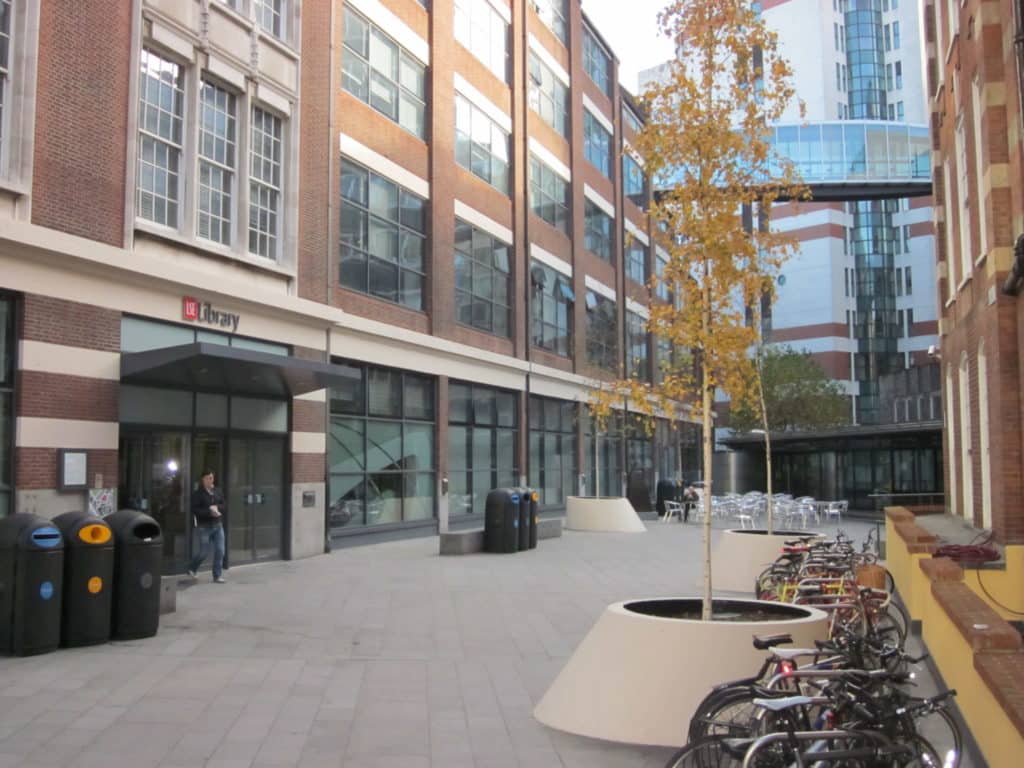




Hi Wendy,
Thanks for sharing your thoughts on LSE's MPA. I just applied for this program (Public and Economic Policy stream) and I'm crossing my fingers to be accepted and to get some financial support 🙂
Btw, I just got accepted for Sciences Po's Master in Economic and Public Policy, the program in Paris you got accepted aswell. So at least now I have a very very good option in France.
Hugs from Caracas, Venezuela!
Hey Wendy,
was looking for a way to contact you but could not find one.
I just got accepted to the MPA International Development, the one I believe you chose as well.
Would love to ask you some more questions about the program, maybe you could just drop me an email since I dont want to spam your wall with my questions.
Thanks so much 😉
Madi
Great blog Wendy. I just got accepted to the MPA in International Development and as a product of the American educational system, I've always wanted to hear people's experience at LSE reconciling the two. Madi, I'd love to get in touch with you as well.
Hi Jonathan,Thanks for your comment. I've just written another more comprehensive review on what I thought of the program. https://wanderlustwendy.com/lse-mpa-the-real-deal/ Good luck in your decision!